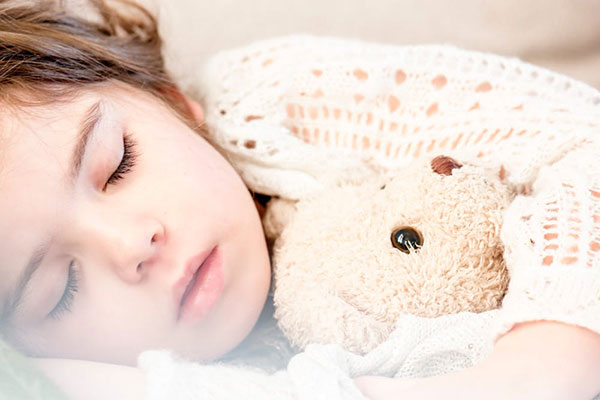Whether they pick up a virus from another student at school or fall off of their bike, all kids get sick or injured on occasion. Most of the time a child’s illness or injury can be treated at home with basic first aid, good nutrition, fluids and rest, often with the help of over the counter medications. But there are times when a child becomes ill or gets hurt and he or she needs emergency care.

There will be times when a child’s need for a trip to the emergency room is obvious to a parent or teacher, such as when he or she has broken a bone. But there are other times when the need to take a child to the hospital or urgent care clinic might not be so apparent, especially for first time parents who do not have a lot of experience dealing with children’s medical care.
Continue reading below to find seven common signs that your child needs emergency medical care. Keep in mind, however, that although these signs are among the most common, they are not the only reasons a child might need to take a trip to the emergency room.
When your child is running a prolonged high fever. If your child three years old or older and has a fever higher than 102 degrees that lasts more than an hour or two, especially if the fever is not responding to ibuprofen or acetaminophen, it is a good idea to seek emergency medical care. If your child is younger than three years, the same rule would apply if he or she has a fever higher than 100.4 degrees, especially if the fever is accompanied by vomiting, a rash, shortness of breath or constant crying.
If your child is behaving oddly, is unconscious or confused, or seems to have trouble staying alert. For the most part, kids, especially younger ones, tend to be pretty active. A lot of children are active even when they are sick or don’t feel well. So, it is especially important to seek emergency care for your child if he or she starts to behave strangely, becomes suddenly unconscious or has trouble staying awake or alert, as these symptoms could all be signs of a serious medical condition.
If your child has a cut that is very large or deep, of if bleeding will not stop after applying pressure for at least five minutes. Most of the cuts that kids get are not serious and usually require nothing more than a good cleaning and a bandage. If your child gets a cut that looks like it might require stitches or won’t stop bleeding, seek emergency care right away.
If your child has ingested something poisonous. Small children seem to always be getting into things, even things parents believe they have secured or childproofed. If your child ingests something that is poisonous or could be dangerous to their health, such as prescription drugs or certain cleaning products, take them to the emergency room.
If your child has a seizure. Although it is rare, children can sometimes have seizures if they have ingested something poisonous, if their body temperature is too high, or if they are suffering from a medical condition such as epilepsy. A seizure is always a reason to seek emergency medical care.
If your child sustains a serious head injury. If your child hits his or her head due to a fall or while playing sports and seems sleepy or confused, develops a painful headache, begins vomiting, or becomes unconscious. It could be a sign that he or she has a concussion. Concussions are very serious and can cause long-term brain damage if not treated properly. A concussion always requires emergency care.
You should also seek emergency care if your child sustains a cut to the head that is particularly large or will not stop bleeding.
If your child has difficulty breathing or if his or her lips, fingernails or skin appear blue, purple or gray. All of these problems could be symptoms of a serious medical problem including asthma, anaphylactic shock due to a severe allergy, or obstruction of the airway due to ingesting a foreign object or sudden illness. If your child appears to have trouble breathing for any reason, seek emergency medical help right away by calling 911.
It is important to remember that even if your child does not have one of the above problems, if you suspect that he or she may have a serious illness, injury or mental health issue seeking out emergency medical help is always the way to go.






Speak Your Mind